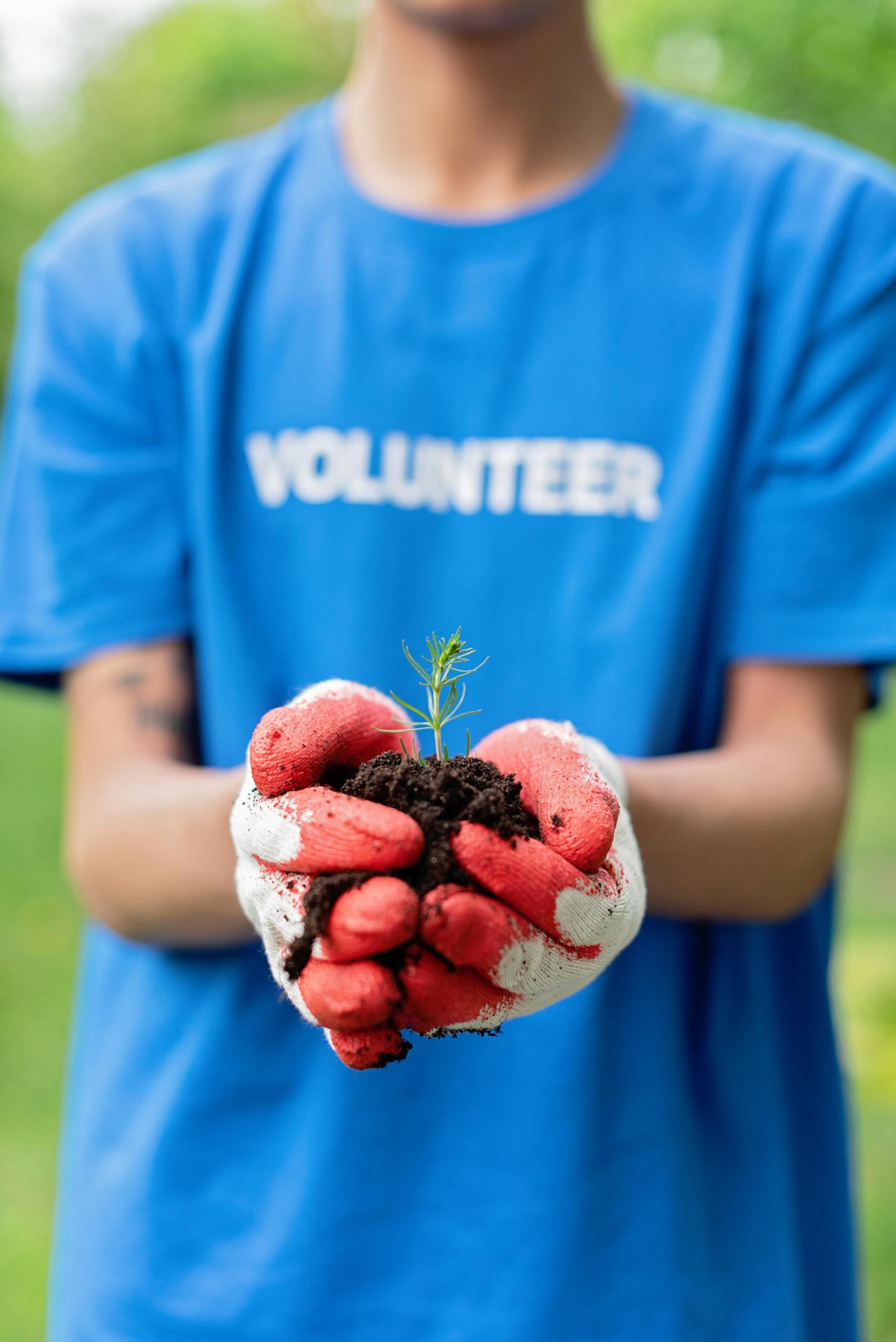Many students wonder if completing the Duke of Edinburgh Award (DofE) can earn them UCAS points for university applications. The short answer is no—the DofE does not directly provide UCAS points. However, it remains a valuable achievement that can strengthen your personal statement and enhance your overall university application. The dedication, confidence, teamwork abilities, and resilience that the award teaches students go a long way in enhancing your UCAS application, expressing your suitability beyond academics. In this article, we discuss the value of doing the DofE award when it comes to your university applications.

What is the Duke of Edinburgh Award?
🥉 Bronze Level
🥈 Silver Level
🥇 Gold Level
Duke of Edinburgh is the initiative that takes place in secondary school across schools in England and the rest of the UK. You’ll probably know it as the extra-curricular activity par excellence, that shows practical skills alongside your academic excellence.

The Duke of Edinburgh Award started in 1956 as a project to attract schoolboys who were not enrolled in Scouts or a similar group, but it was soon extended to young women in the following year. Since then, it has been growing and growing – and, these days, there are over 450,000 participants at any one time in the UK. The Award is designed to test and improve all sorts of different non-academic skills, has specific DofE requirements, and is intended to help you contribute to your community through voluntary activities. Actually, it aims to help you improve yourself in a myriad of ways. Personal development is the name of the game. The Duke of Edinburgh, Prince Philip, presents the award – but that’s about the only role he has in the whole thing.
Where Does the DofE Fit into Your UCAS application?
The Duke of Edinburgh's Award (DofE) does not directly provide UCAS points. However, it is highly regarded by universities and can enhance a UCAS application by demonstrating a candidate's skills in areas such as leadership, teamwork and commitment. While it won't add to your UCAS tariff score, it can still positively influence the admissions process by showcasing your extracurricular achievements and personal qualities.
So, while the award doesn’t translate into any USAC points directly, it does strengthen your application significantly. Admissions board really look out for candidates who are committed and have initiative, traits that having the award communicates very well! Seeing as both the personal statement and interviews carry so much weight as part of the UCAS application process, all of those hours spent earning the DofE awards won’t go to waste!

You’ll want to convey all that you learned and the transformative process that you underwent while completing the award.
So, don't just mention that you completed it; you’ll want to explain how it shaped you as a person.
Of course, universities look for academic potential first, but your DofE award gives an insight into the person behind the grades, as well as the fact that you possess core competencies that will separate you from other candidates who fall around the same grade bracket.
Keep the course that you’re applying for in mind when you’re presenting what you learned from the experience. So, if you’re looking to gain entry into a medical school, you could make sure to include how volunteering helped you communicate better with different groups of people. Then, for the Engineers among us, you could highlight how their expedition improved their problem-solving abilities.
Outside of adding weight to your personal statement, the DofE award also makes for some interesting talking points for any interviews you have throughout the application process. Without question, you’ll be asked about your strengths, adaptability, or how you handle challenges, and the program gives you plenty of ammunition to express these with examples.
So, it will definitely go a long way if you’ve got a few stories prepared in advance that show your growth in leadership, resilience, communication, and taking initiative. These are key points that admissions boards will be on the lookout for when determining if an applicant is a good fit for their university.

What DofE experiences are most valuable to highlight?
🗻 Expeditions
🤝 Volunteering
👩🏫 Skills and physical
🧍♀️ Residential
While the award itself is undeniably an impressive accolade to have earned, admissions boards are going to be looking out for the particular experiences and learnings that were most impactful for you. So, the effectiveness of having the award secured also comes down to how you use it. So, you’ll want to make sure that you’re highlighting the right experiences in order to strengthen your application.
Expeditions and teamwork challenges

Seeing as interviews often try to assess how applicants overcome challenges, it only makes sense to bring up all of the challenges you and your team aced over the course of your expedition and how you overcame them.
So, if the opportunity presents itself inside any of your interviews, be sure to bring up how you completed the expedition without any external help. This shows both mental and physical resilience! You also will have cooperated as a team over the course of the activity, playing to each other's strengths, so make sure to show them how you used those problem-solving and communication skills too.
Volunteering and leadership roles
All of the hours that you spent volunteering will also pay dividends in your interviews. You’ll be able to communicate your dedication and social responsibility through any fond memories or stories you might be able to share. Whether you realise it or not, your volunteering activities will also enhance your communication skills, allowing you to interact with people from all walks of life. Leadership roles in volunteering placements always catch universities' attention because they demonstrate initiative and responsibility.
Skills and physical achievements
You can also package up all of the work that you put into the skills and physical categories of the DofE process. Hopefully, you kept note of your progress and learnings along the way, as you’ll be able to reflect on the key takeaways and prepare some discussion points to lean on throughout your interview. You’ll have developed a number of soft skills while also showing you can handle multiple commitments while studying.
If you can’t think of any ways that it might have helped you improve, let us start you off: time management, communication, teamwork, leadership, and effective problem-solving are all qualities that you’ll have shown, and your interviewer will be delighted to hear how you managed to balance all of this alongside your academics.
Residential section and adaptability
If you think about all the work that went into getting your hands on that Gold Award, you'd better make sure to take full advantage of it and talk about your adaptability through the residential component. Your first day of college will see you thrown into a campus surrounded by thousands of people you’ve never met before. This experience resembles the residential section you completed, where over the course of a five-day, four-night project, you were surrounded by people you’ve never met. This adaptability is something that is sure to impress any of the universities you apply to.
Strengthen your UCAS personal statement
Of course, your academic performance matters most; however, when universities review your UCAS application, so much more is considered. Seeing as your DofE award will strengthen the personal statement that you include on your UCAS application and impress in interviews, it’s imperative that you select the right activities.
Universities don’t really care whether you went to a grammar school, a standard state school, or any other type of school. They want to see that you are interested in the subject to which you are applying. They want proof of that.
If you’re just about to embark on your journey towards securing that Gold DofE award, make sure to have a good think about the activities and volunteering that you’ll partake in over the course of the program.
While the dedication required by students to get their Gold award is substantial, it’s best that you put your time to the best use by developing skills that will help with your UCAS application.

It helps to keep the course you’ll be aiming for in mind when selecting each of your activities. This way, you’ll be able to decorate your application with appropriate skills that will help you stand out among other students who might have similar grades to yours.
Some connections are obvious than others, but if we take courses like science or photography, for example, then volunteering in organisations and opting to improve your photography or academic writing skills would go a long way in strengthening your application while also giving you plenty to add to your personal statement.
Working Towards Your DofE award
So, we can safely determine that your success depends on how well you express your experiences and the skills you've picked up. All of those expeditions you completed show your grit and team spirit. Your volunteer work shows all of the dedication you had towards helping others. Students with Gold Awards can also show their flexibility through residential experiences. These parts come together to show universities a well-rounded candidate with the exact qualities they're looking for.
Given that you're no longer wondering how many UCAS points gold D of E is worth, and now find yourself in the perfect position, knowing all of this in advance, you can make sure to research what skills universities want for your chosen courses before you lock in your activities. Now you should be all set to strengthen your UCAS application by working towards your DofE award.
Summarise with AI:
















Useful stuff
Valuable Information thank you
Hi Susan, great to hear that you found this article useful! Thanks so much :)